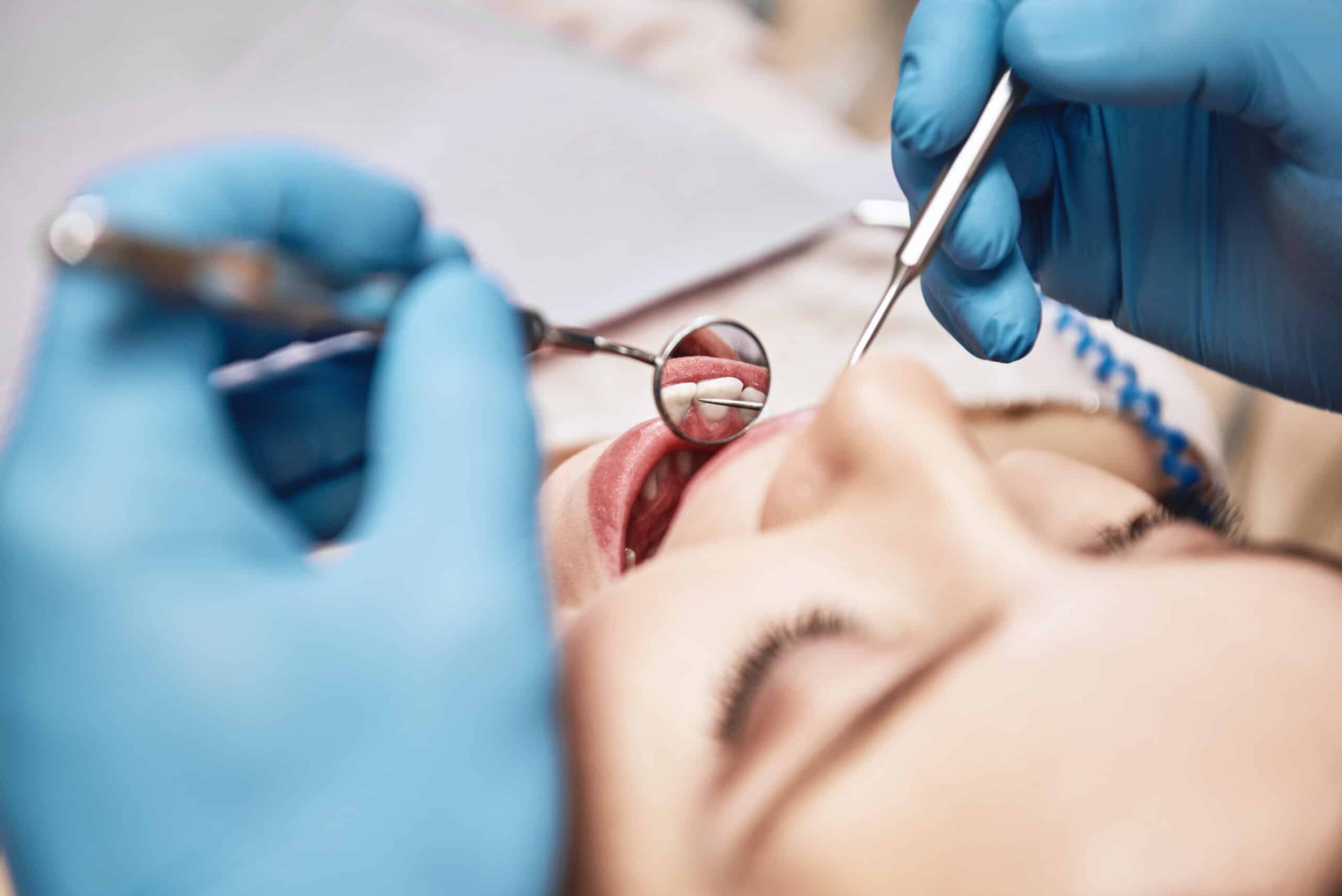Just last month, the Journal of the American Geriatric Society published a study on the effect of periodontal health on cognitive decline. The research claims that poor periodontal health could contribute to the risk of both cognitive decline and dementia. When you consider that in the United States, 70% of adults 65 or older have periodontal disease, and more than 6 million people over age 65 and older have Alzheimer’s disease, the most common type of dementia, it’s enough to give one pause.
This recent study should help eliminate the misconception that dental and overall health are independent entities. Unfortunately, the long-running separation between oral care and traditional healthcare has continued despite decades of research highlighting just how damaging this is to public health. All the way back in 1980, the Institute of Medicine (IOM) oral health reports showed the dental industry wasn’t equipped to address dangerous – but preventable – oral diseases on its own.
In 2022, the United States is more than capable of bridging the divide between traditional medical settings and the dentist’s office. With dementia projected to increase dramatically in the United States in the coming years, not to mention the emergence of novel diseases such as covid-19 and monkeypox, the need to align dentistry into traditional healthcare settings is more important than ever. Furthermore, implementing scalable technologies allowing for earlier deception will be vital to modernizing preventative care and bolstering patient health.
The mouth-body connection
With nearly half of all American adults suffering from periodontal disease, it’s clear that proper dental care is sorely lacking. This data should be cause for concern, especially as we continue attempting to manage to live with the stubbornly contagious covid-19. In 2021, a study in the Journal of Clinical Periodontology found covid-19 patients with gum disease are nearly nine times more likely to die from the virus than those without gum disease.
Good oral hygiene and preventative dental care are essential to overall health. We officially live with a system that is less about medical science than how the insurance industries are structured. Despite this, dentists and doctors equipped with the appropriate resources and insights, preventative dental and healthcare can better predict and address diseases in a way that can bring meaningful change to patients across the country.
Redefining preventative healthcare
Many chronic diseases, including diabetes, cardiovascular disease, and early-onset dementia, can be detected (and treated) earlier with proper oral healthcare. A distinction can no longer be drawn between oral and overall health, and AI is beginning to eradicate the historical divide between dentistry and other forms of health care. This technology can positively impact the lives of hundreds of millions of citizens across the U.S. and billions globally. The growing desire among Americans for comprehensive oral and traditional medical care, coupled with the advanced technologies hitting the market, makes significant disruption to our existing care model a near certainty.
With the mounting body of research indicating poor oral health correlates strongly with chronic conditions, early identification and intervention for oral diseases are the most direct ways toward better overall health and can significantly reduce some of the most pressing health issues in our society. The evidence is clear: A dentist is essential to providing whole body health.
For the dental community to successfully preserve patient oral and medical health, it needs widespread deployment of technologies capable of granting better preventative care. These tools will lead to early detection of conditions and less invasive procedures.
The dawn of predictive care
When it comes to medical and dental practices, artificial intelligence (AI) is already widely in use. However, it’s predominantly used as a tool for streamlining charting or billing processes. Of course, this is a significant utility for many offices, yet the potential to wield AI to improve both clinical outcomes is enormous. Comprehensive patient care depends on timely, accurate, and complete identification of all and more affordable treatment for patients.
Until now, dentists have relied exclusively on their expertise to make treatment recommendations. By introducing AI during clinical visits, oral health professionals can now make treatment recommendations backed up by highly accurate analysis pulled from hundreds of millions of data points. Pairing AI with clinical experience can help mitigate human error and bias, enabling doctors to deliver patients the most accurate diagnoses and reduce treatment plan errors.
The widespread adoption of dental AI is critical for medical-dental integration because it dramatically enhances a health professional’s ability to identify systemic diseases like gum disease, hypertension, and diabetes. For too long in the United States, the notion that dental care is optional or an indulgence has harmed patients. Only by eliminating the senseless divide between the mouth and the rest of the body can we address one of the most urgent health issues in the nation. Early identification and intervention for oral diseases can transform whole body health, providing more comprehensive oral and traditional medical care.
Mr. Hillen is the founder and CEO of VideaHealth, an MIT spinout and leading dental-AI company working with leading DSOs, insurers, and other companies in the dental industry. Previously, he conducted research at the intersection of engineering and social science at MIT’s Institute for Data, Systems and Society and at Harvard Business School. He also worked for McKinsey & Company and founded Ninu, a digital healthtech startup. He holds two master’s degrees from MIT in computer science and technology policy and a bachelor’s in management and technology. He completed the first German State exam in medicine, as well.








